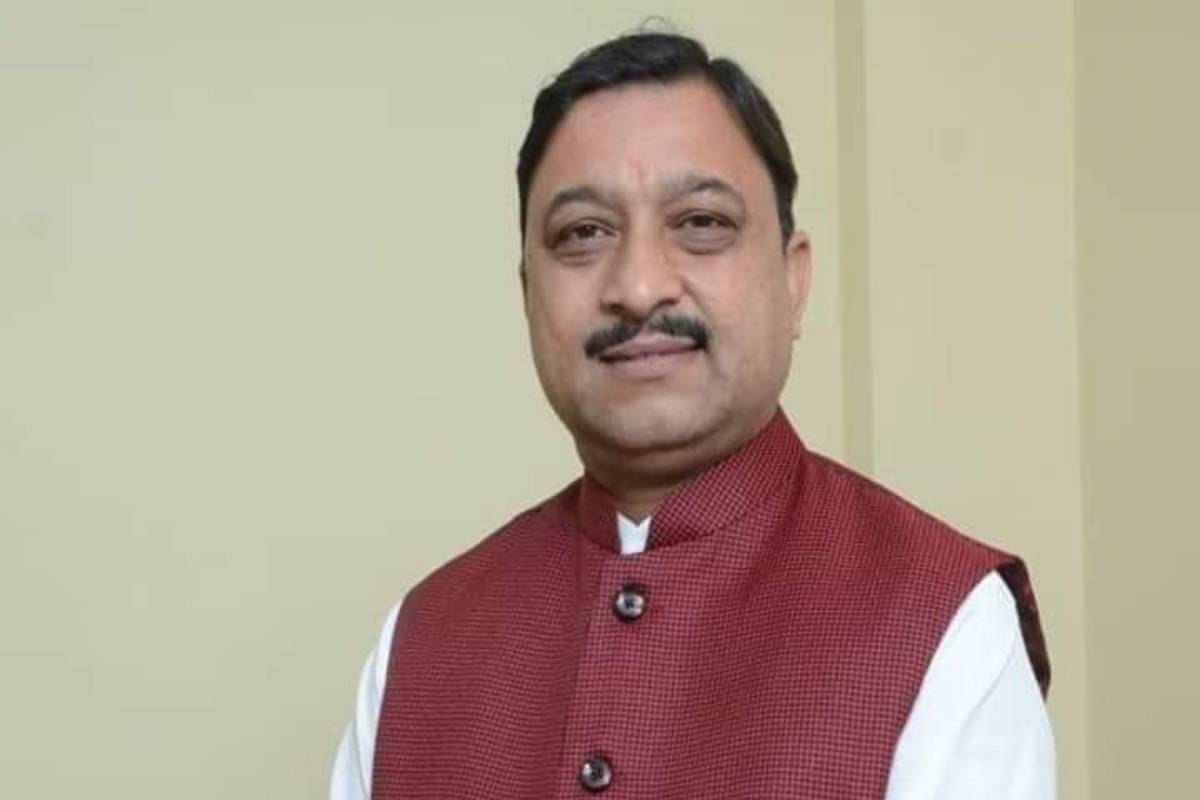After a record-breaking 75.6 percent polling in the recently held assembly elections, Himachal Pradesh is eagerly awaiting December 8, the day when the counting of votes for 68 assembly seats will take place and consequently results will be declared.
Undoubtedly, the elections saw a neck-and-neck fight between two traditional rivals – Bharatiya Janata Party (BJP) and Congress. In the fight that pivoted around the anti-incumbency versus pro-incumbency factors, both the parties are staking their claim to victory.
Advertisement
The saffron party hopes that their experiment with fielding fresh faces, denying tickets to a dozen sitting MLAs will bear fruits as part of the exercise to script pro-incumbency outcome.
In an interview with The Statesman’s Bhawani Negi, the state unit BJP chief Suresh Kashyap spoke about the party’s prospects in face of dissidence and rebels.
Excerpts:
Bhawani Negi: What do you have to say about the all-time high voting in the recently held state elections? It is usually said that high voting percentage accounts for anti-incumbency against the ruling government.
Suresh Kashyap: Earlier, the high voting was attributed to anti-incumbency factor. However, now the trend of voting has changed. After the 2014 Lok Sabha elections, we have observed a new trend of voters coming out to vote in large numbers. It is people’s proclivity for Prime Minister Narendra Modi and his policies. With the anti-incumbency factor waning, our party has scripted success by beating it in other states like UP and Uttarakhand.
BN: Unhappy over the ticket distribution, this time, your party has seen a lot of dissidence. Around 21 rebels are among many who contested as independents. Don’t you think this rebel trouble will dent the party prospects?
SK: No, I don’t think so. These elections, if we see in perspective, were fought between two political parties where there was no room for others. The people have voted for the BJP and Prime Minister Narendra Modi. There was no rebel trouble as the people have already decided to script history to change the tradition of anti-incumbency.
BN: What do you have to say about the AAP?
SK: The AAP is not considered to exist in the fight as it was neither able to set up a strong cadre base nor gained any foothold in the state. So, there is no chance for them to make an impact on these elections.
BN: How many seats is your party expected to win?
SK: Our assumption is between 39 to 44 seats.
BN: What if there is a hung Assembly? Will your party seek the support of rebels-turned-independents and others?
SK: I don’t think such a situation will arise. Rest, we will see after the results.
BN: The Congress is also claiming victory and their leaders are asserting that they will win with a two-thirds majority. How do you see this?
BN: The condition of the Congress today is very bad. There is a leadership crisis and so much power struggle within the party that victory for them is still elusive.
BN: Apprehensions are being raised about EVM security. The Congress has also raised its doubts. What do you have to say?
SK: It is nothing, but a fear factor, of losing elections. They internally know that they will not win the elections and post results they will have an excuse to put the blame on EVMs.
BN: Who do you think will be the chief minister, and why?
SK: The elections have been contested under the leadership of Chief Minister Jai Ram Thakur. The Central leadership has already reposed faith in him to steer the party to victory. People have voted for our double-engine governments that have worked to ensure progress and development reach all the corners of the state. The state has witnessed exponential growth during the last five years. Welfare schemes launched aimed to benefit each and every section of society. This pace of development will continue when we form the government again.











